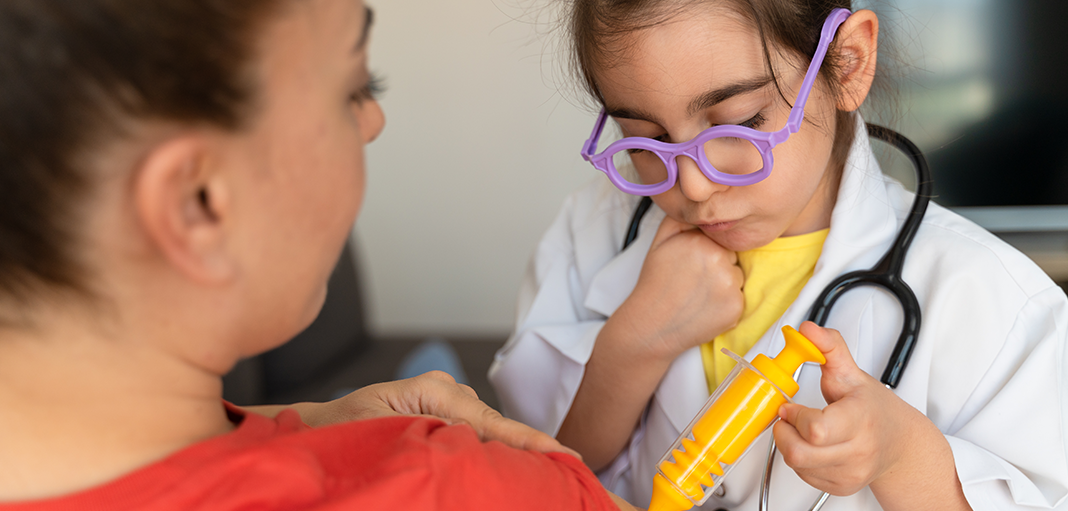Enroll with us in a few easy steps
A lot of research is being done to help diagnose and treat atopic dermatitis (AD). The future looks brighter through studies of biomarkers. Biomarkers are cells in the body that can be measured. They help doctors know if a person has a specific condition. For example, certain cells are only in the body if someone has certain diseases. Biomarkers may be found in the blood, body fluids and body tissues. Different AD types may have different biomarkers, and they haven’t all been discovered yet.
Biomarkers may help to:
- See if you have or might get AD
- Predict how the AD might progress and how well the treatment may help
- Find the best treatment(s) for your specific situation
One example of a biomarker for AD is a mutation in the gene that keeps the top layer of the skin strong. The gene is called the filaggrin gene. Filaggrin helps keep things like germs and things a person is allergic to from getting through the skin. And it helps keep moisture in (keeps the skin hydrated). People with a damaged or mutated filaggrin gene are more likely to get AD. If someone is positive for this biomarker, it doesn’t mean they will get AD. And a person can still get AD even if they don’t have a biomarker. But, it’s an important marker to help doctors make a diagnosis if a person has signs of AD.
Another example is a specific cell of the immune system called CCL17/TARC. This biomarker is still being studied, but looking at the amount of CCL17/TARC in the blood seems to be a strong sign that a person may have AD. The biomarker also helps doctors know which medications work best by learning how different medications affect the level of CCL17/TARC. If the level goes down, it may be a sign that the treatment is working. If the level goes up, it may be a sign that the person is having an AD flare-up.
These are just two examples. Many biomarkers have already been discovered. And more are being found. Contact your doctor for more information on how biomarker testing can help with AD.
This information is not a substitute for medical advice or treatment. Talk to your doctor or health care provider about your medical condition and prior to starting any new treatment. CVS Specialty assumes no liability whatsoever for the information provided or for any diagnosis or treatment made as a result, nor is it responsible for the reliability of the content.
CVS Specialty does not operate all the websites/organizations listed here, nor is it responsible for the availability or reliability of their content. These listings do not imply or constitute an endorsement, sponsorship, or recommendation by CVS Specialty.
Your privacy is important to us. Our employees are trained regarding the appropriate way to handle your private health information.

